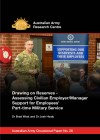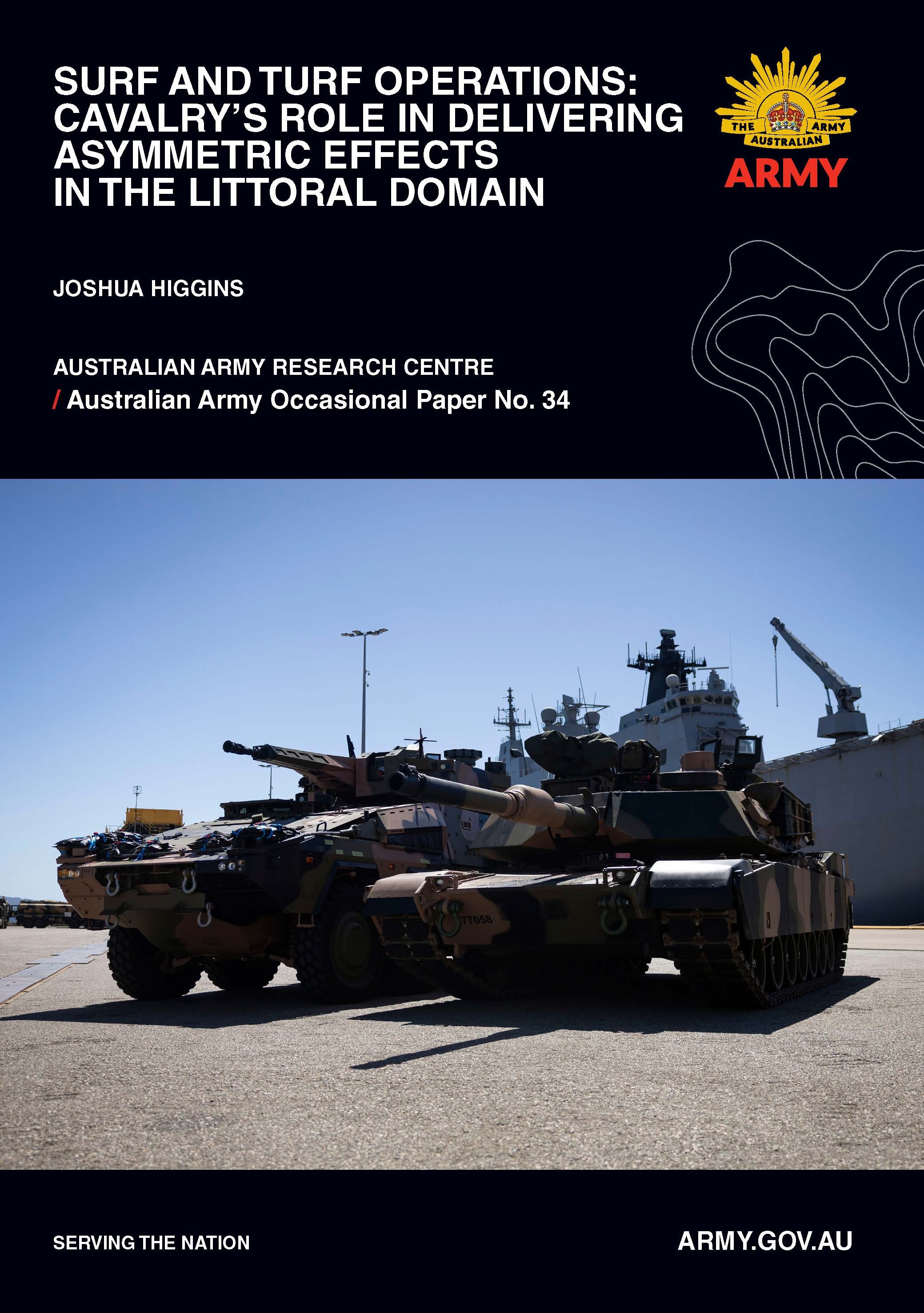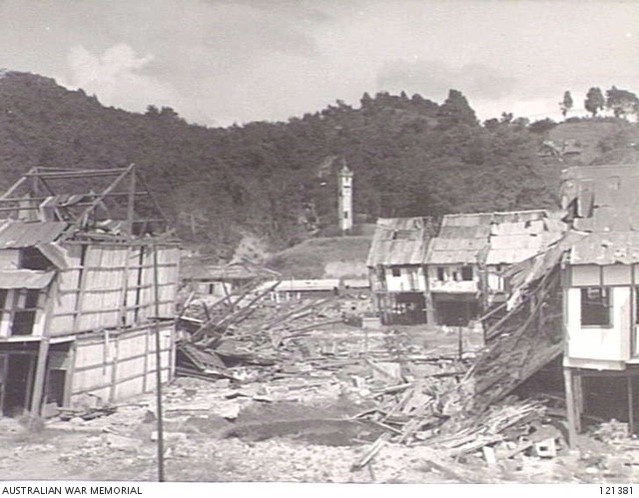Assessing Civilian Employer/Manager Support for Employees’ Part-time Military Service
Over the past decade, there has been an increasing recognition of the importance of the Australian Army Reserves for Defence capability and greater utilisation of individual reservists and reserve units for major conflict deployments and humanitarian operations. However, as foreshadowed in the Australian Defence Strategic Review recommendation for “[a] comprehensive strategic review of the ADF Reserves…” there are important policy decisions looming.
To inform policy development, our recent Australian Army Research Scheme project sought to: (a) better understand the relationship between civilian employers/managers and Australian Army reservists, and (b) determine the levels of support that reservists receive in their workplaces for pursuing part-time military careers.
We undertook two separate modes of data collection:
- Focus group interviews with 60 Army reservists based at three different and purposefully selected Australian locations (Sydney, Brisbane, Townsville).
- A nationwide survey of 800 civilian employers/managers. This survey captured their views about the inclusion and treatment of Army reservists within their organisation and compared results from organisations of different sizes and in different industry sectors. A novel feature of our survey is that we asked employers/managers to consider how they would respond to a hypothetical reservist ‘John’ in a range of common workplace situations.
The Defence Reserve Service (Protection) Act 2001 makes it an offence for an employer to discriminate against, disadvantage, hinder, prevent or dismiss an employee or prospective employee for rendering Defence service (including training). However, as with other workplace legislation, compliance levels vary based on attitudinal and social factors and across different workplace sizes and sectors.
Three major findings emerged from our study:
Finding 1: Australian Army reservists requesting Defence leave frequently experience hostility, sanctions and discrimination in their civilian workplaces. These adverse experiences generally stem from organisational capacity issues and, for larger employers, the obstructive practices of middle management.
The survey clearly revealed the potential for discriminatory acts, with nearly one in five civilian employers (19%) indicating that their organisation would likely give low or very low support to the hypothetical reservist John’s efforts to engage in military service. While we found that 2 in 3 civilian employers/managers (67%) would provide John with a high or very high level of support, this finding was offset by other evidence indicating consistently lower levels of organisational capacity to provide Defence leave. Notably, 1 in 4 civilian employers/managers (27%) said their organisation would have a low or very low capacity to provide leave to reservist John.
Beyond mere capacity factors, our survey revealed that (with all other factors being held constant) organisational support for reservists differs considerably by industry and organisation size. Employers/managers in certain sectors reported a significantly higher willingness and propensity to support reserve service. Most significantly, public administration, mining, and health care provide strong levels of support. The focus group interviews revealed that part of the explanation is that these sectors employ comparatively higher numbers of reservist and veteran employees.
At present, the ADF Reserves and Employer Support agency generally channels its efforts towards encouraging organisations to be recognised as a ‘Supportive Employer’ of ADF reservists. However, in our focus groups we frequently heard of discrimination towards reservists in such workplaces, whether in the private sector or government, due to the significant role of middle management in contesting Defence leave. This opposition occurred largely irrespective of the organisation’s officially supportive stance.
Finding 2: Civilian employers/managers have limited appreciation for the transferability of skills attained through reserve service.
Our survey revealed a generally positive view of reservists as employees. The overwhelming majority of employers/managers indicated that they would expect the hypothetical reservist John to be a ‘hard worker’ (80% thought this very likely or likely) and a creative problem solver able to ‘think outside of the box’ (70%). However, such positive perceptions do not appear to ease the friction that arises around reservists’ requests for Defence leave.
One factor contributing to tensions is that employers/managers generally do not see that the skills attained through reserve service translate to the civilian workplace. The mismatch between the generally positive perceptions of reservists and the lack of recognition of their skills was evidenced in our survey results. Specifically, nearly 4 in 10 employers/managers (39%) surveyed told us that they regard John’s military training and experience as having a low or very low relevance to their organisation. As one reservist noted in a focus group:
Management loves to put the word forward, super supportive, love the Reserves, Defence Force, yeah let’s go. But the second it comes to jumping on a course, they question everything. They question the importance of the Defence Force and that course. They question whether I really need to be going to that course.
Finding 3: Perceptions of the military’s intrinsic importance are a critical driver of employer/manager support for their employees’ part-time military service. They are also a critical motivation for reservists to continue their military service even when faced with workplace obstacles and disincentives.
General levels of support for the military, as measured by our survey question ‘Do you think that Australian governments should spend more or spend less on the military?’ emerged as a strong determinant of whether civilian employers/managers believe their organisations are willing and able to provide Defence leave.
The focus groups indicated that the level of support reservists receive in their workplaces relates both to attitudes toward the military, and specifically the role of the ADF Reserves. As seen in the quote below from a reservist, the strategic importance of part-time military service is routinely misunderstood, underappreciated, or sometimes even openly ridiculed, by employers/managers.
…a lack of understanding [they] think it’s either a holiday or a hobby or just something fun to go do on your days off or a cash grab… And then I try to explain to them look if something big happens in the Pacific tomorrow I might actually have to go to frontline and then the reply back to that has been no, we’d never send Reservists to frontline.
Faced with such barriers to pursuing their reserve service, and the potential for military service to inhibit the pace of civilian career progression, our focus group data overwhelmingly indicated that it is intrinsic factors and a volunteer ethos that explain why reservists continue their part-time military careers. This view is epitomised by the following respondent’s observation.
So I’d say my main motivation for continuing with the Reserve space even though it results in sometimes a loss of pay compared to if I just went and did overtime at my civilian work, main motivation is I feel like I’m contributing to Australia’s national interests, something that I believe in. I kind of believe that every day I’m here helping train someone else is a day that we’ve got one more person to help during the next big conflict or next big emergency. So that’s my main motivation. It's not the money, it’s not necessarily the lifestyle, it’s just contributing to something larger than myself.
This is not to suggest that financial renumeration is unimportant in decisions made by current (and would-be) reservists. Instead, our results indicate that remuneration has significant symbolic value. On the one hand, it helps partially compensate reservists for the perceived missed opportunities for civilian career advancement. Further, it helps reservists justify and quantify to others, including workmates and family members, the benefits of reserve service in an age where they perceive that their intrinsic motivations are largely unfashionable.
For further information about the project, including Recommendations stemming from the Findings, please see Occasional Paper 28, Drawing on Reserves: Assessing Civilian Employer/Manager Support for Employees’ Part-time Military Service



